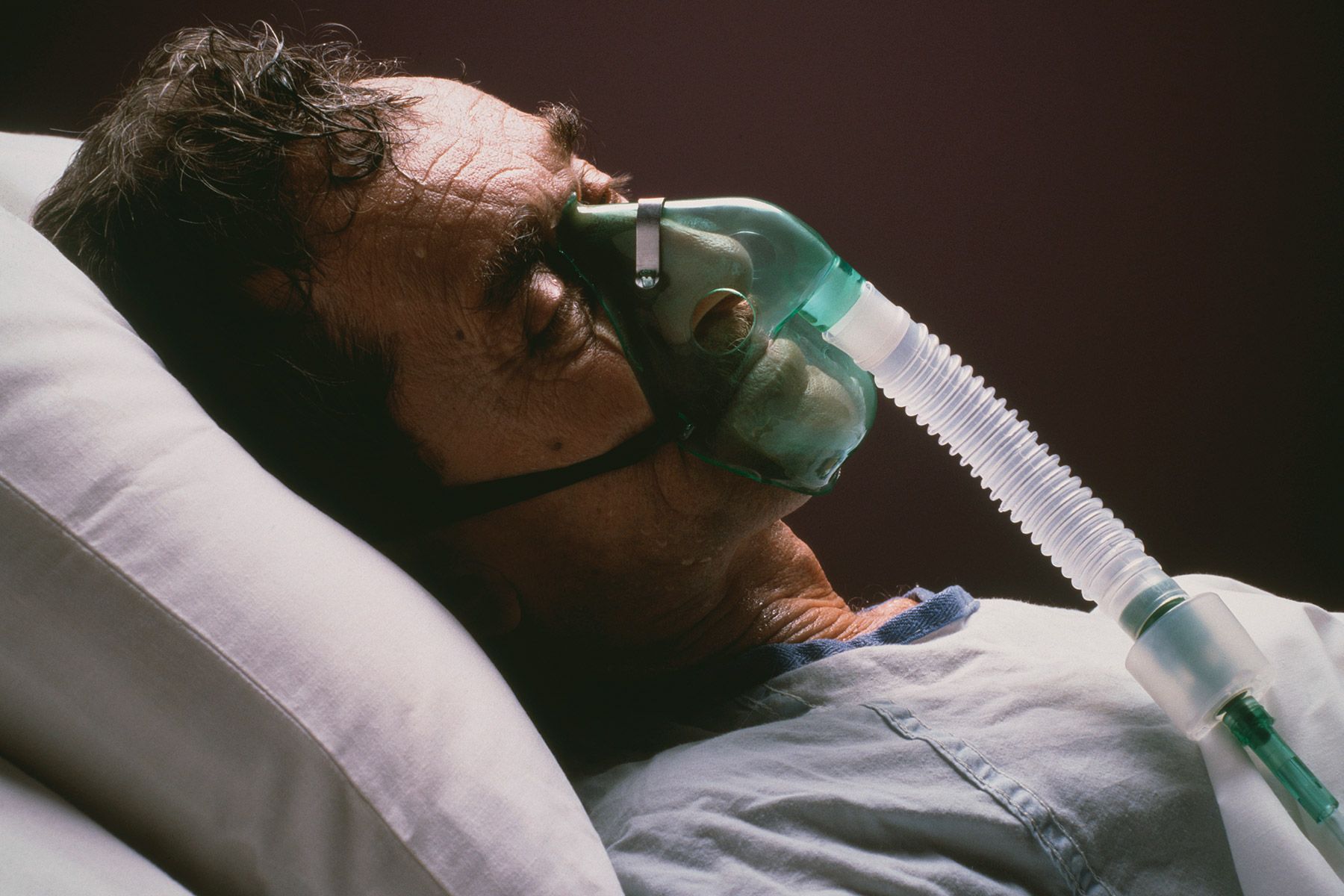
Doctors say that trial and error over the last 6 months has helped accumulate the scientific evidence of what works and what doesn’t in the treatment of COVID-19.
from WebMD Healthhttps://img.webmd.com/dtmcms/live/webmd/consumer_assets/site_images/article_thumbnails/other/medical_equipment_covid19_other/1800x1200_medical_equipment_covid19_10_other.jpg https://ift.tt/2FofRqu
via IFTTT








0 comments:
Post a Comment